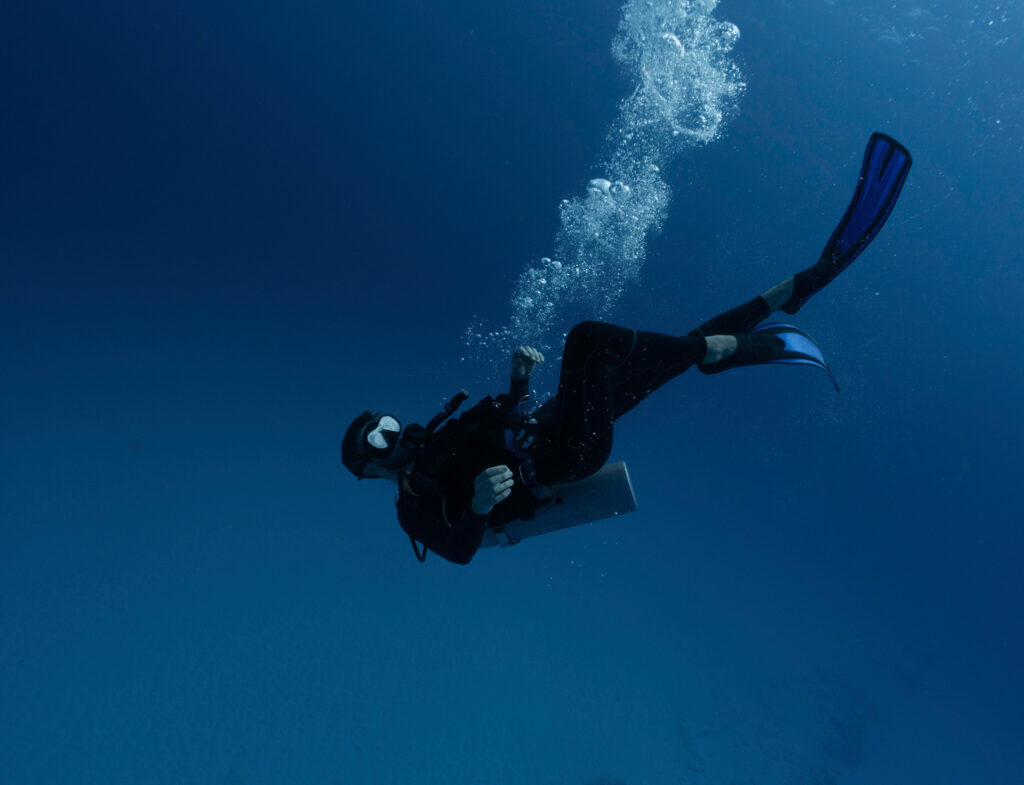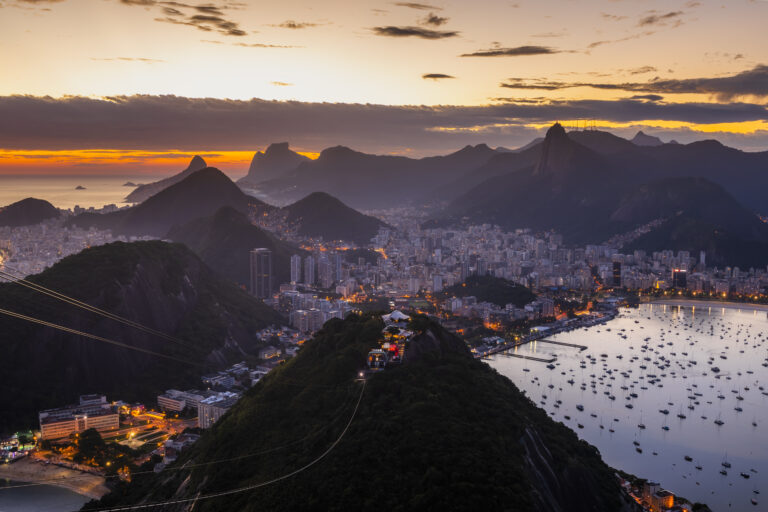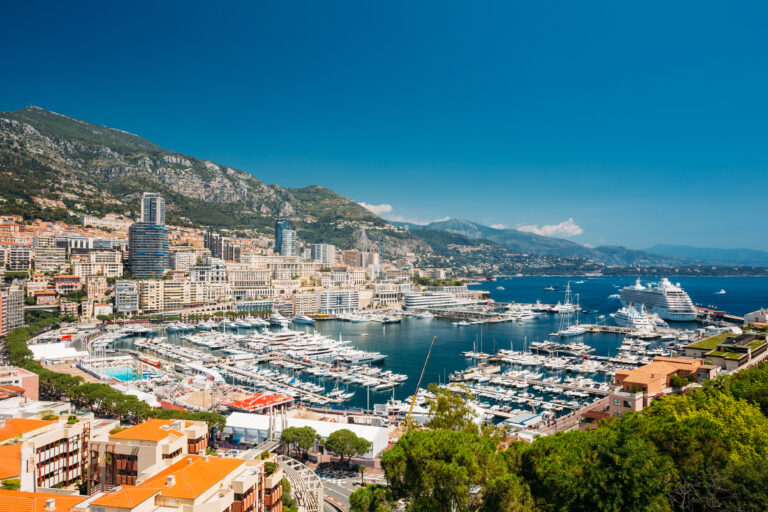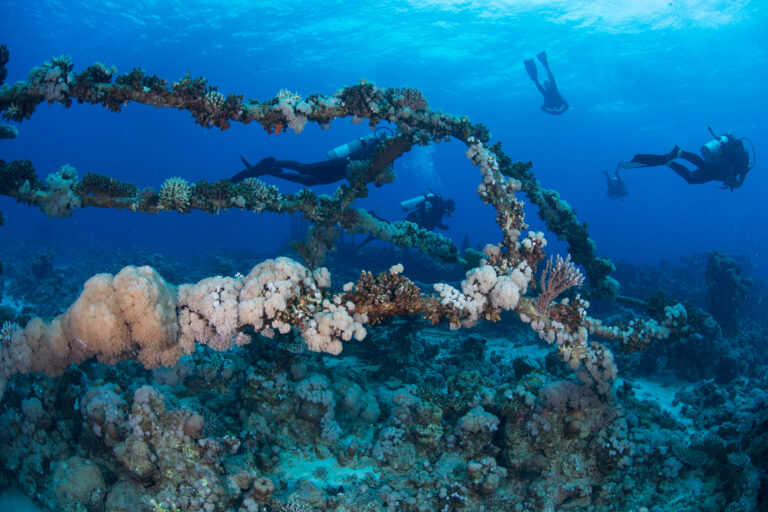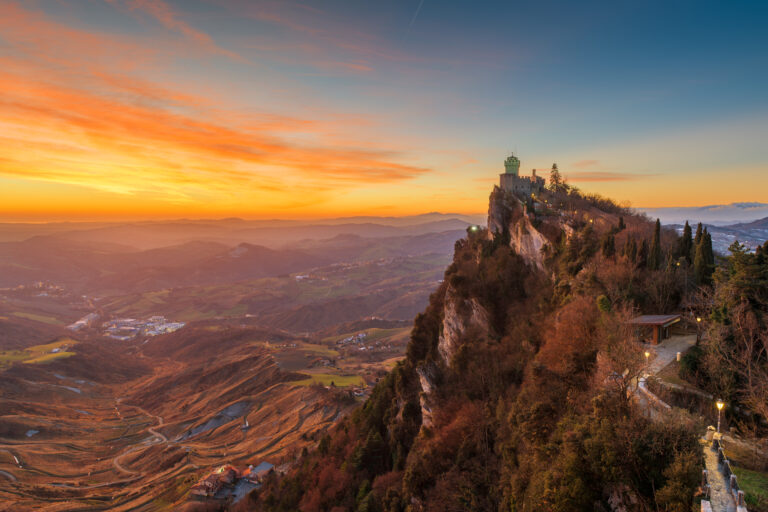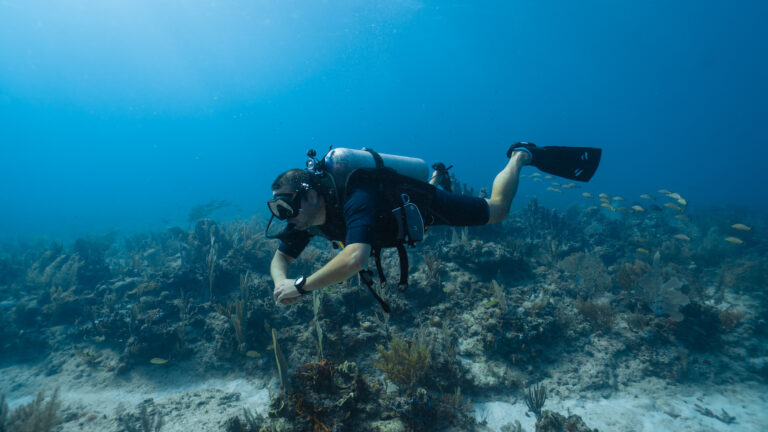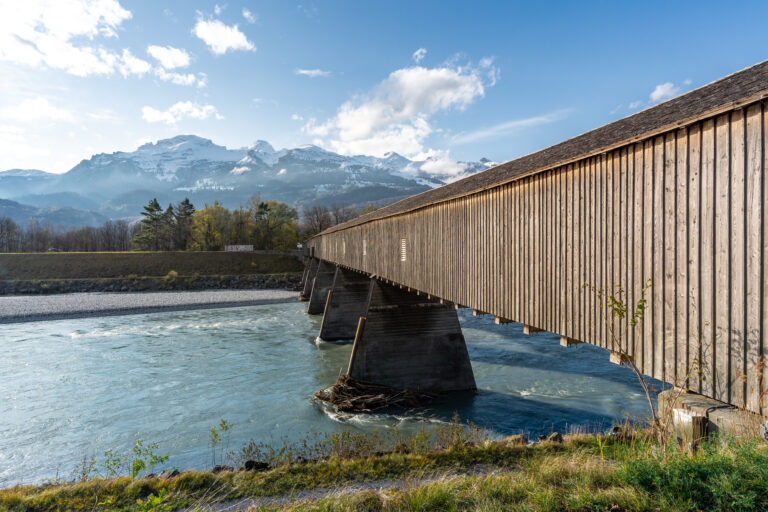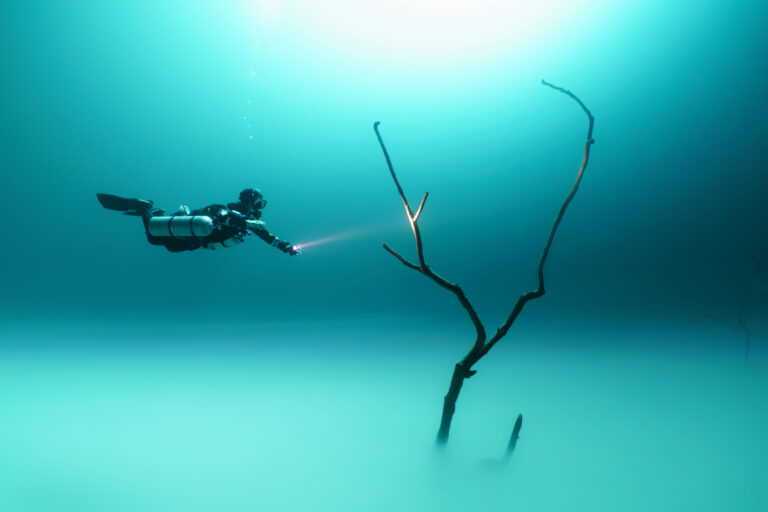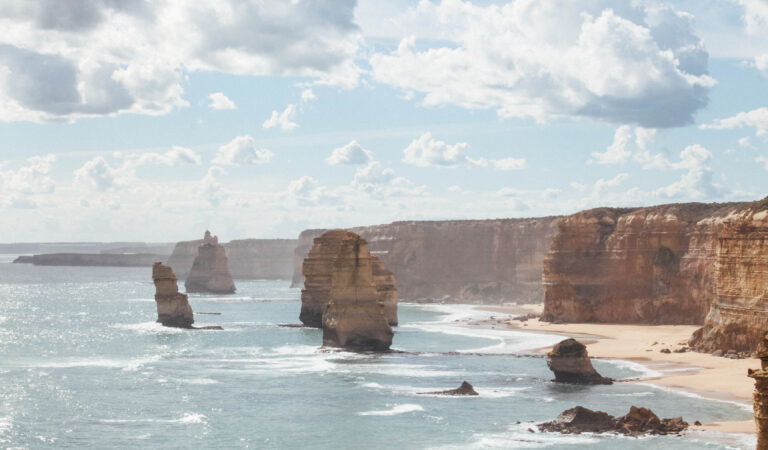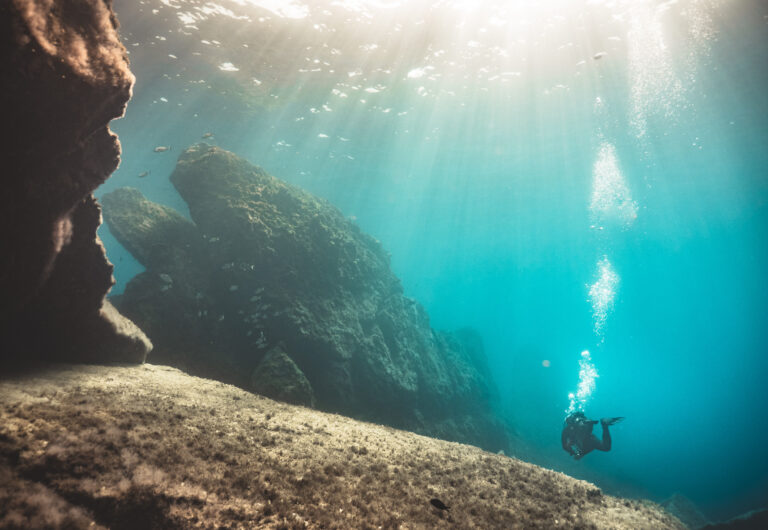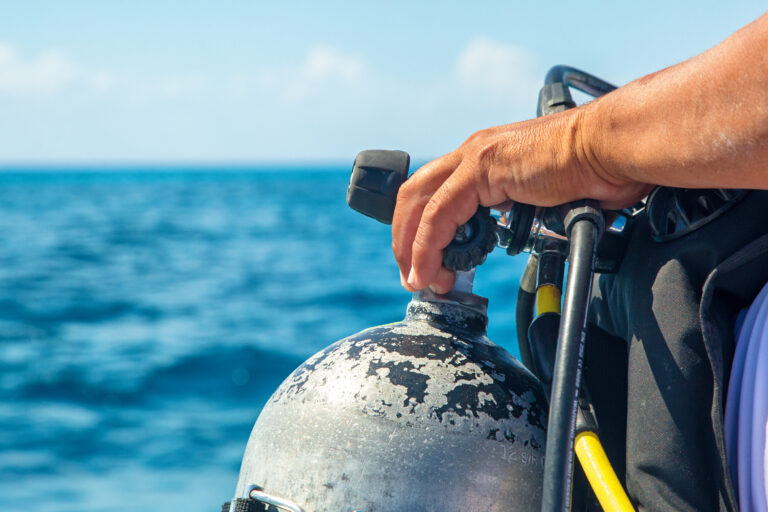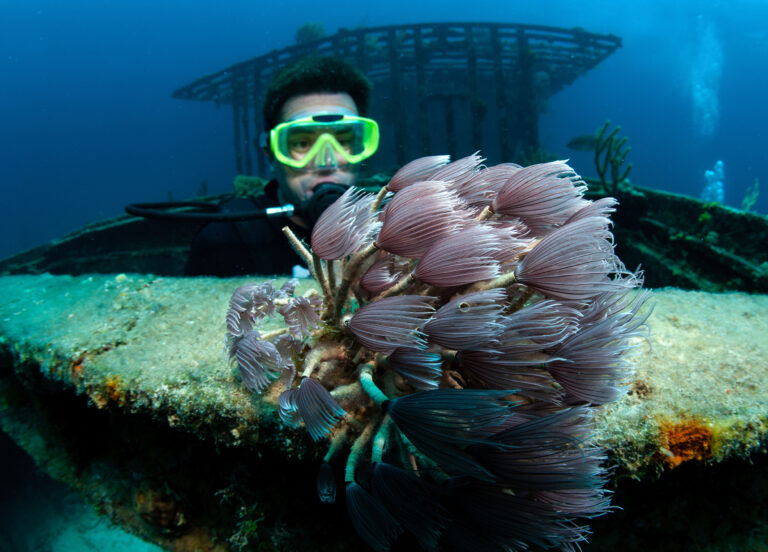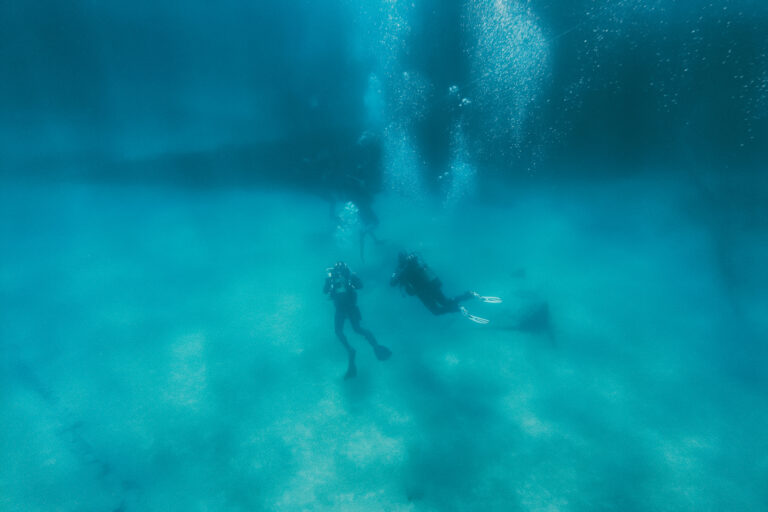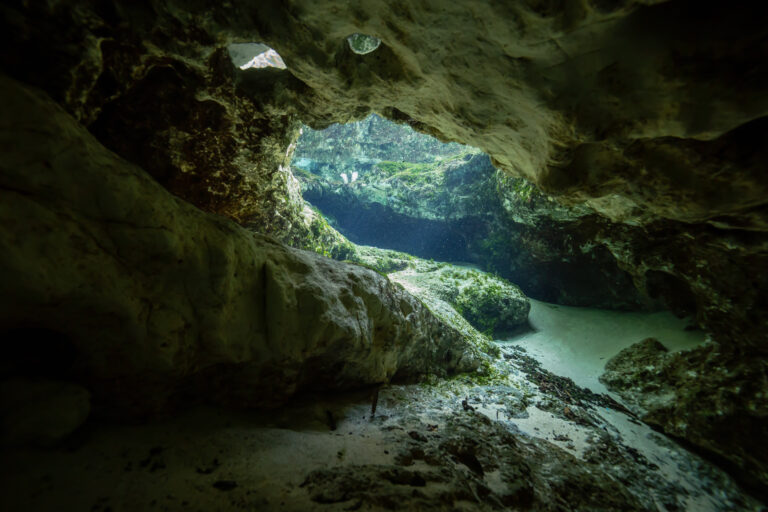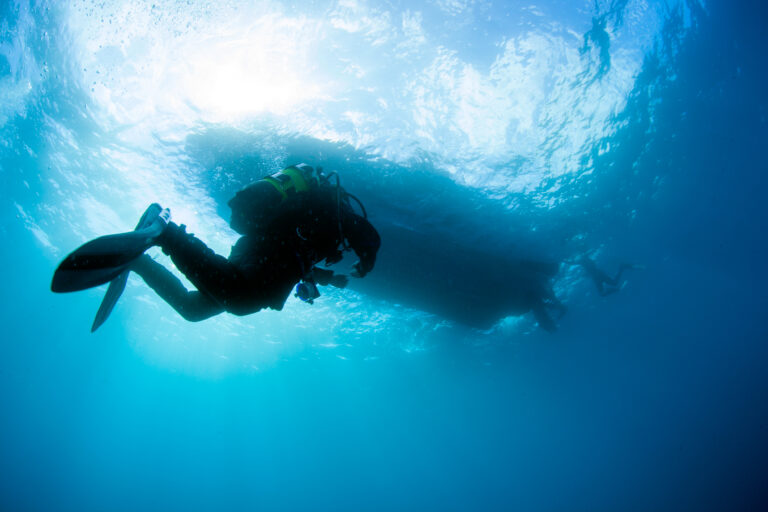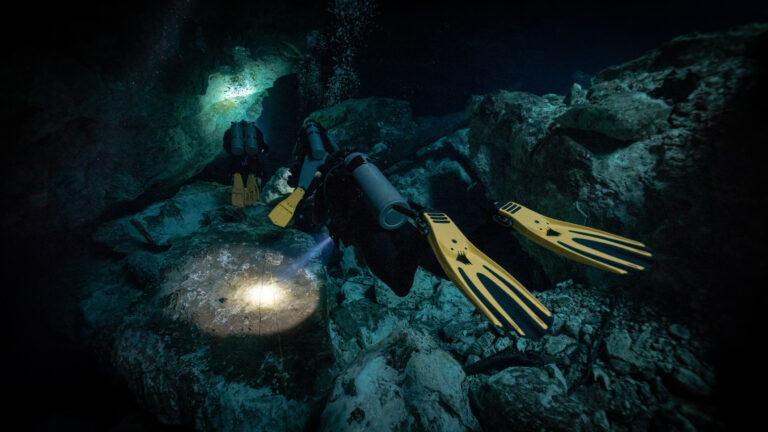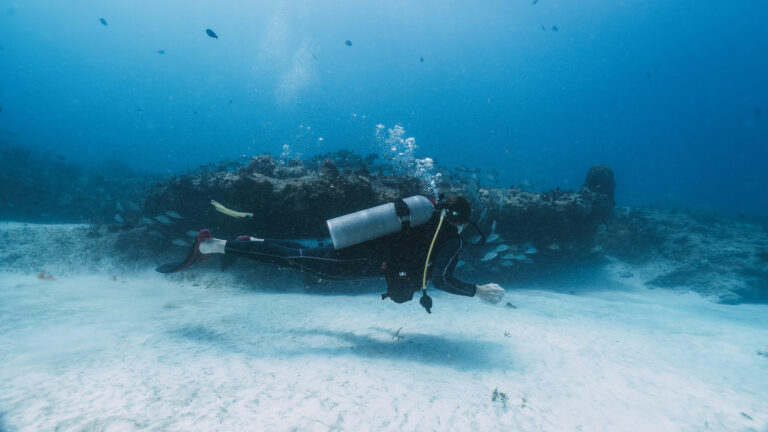Scuba Divers’ Travel Guide to New Caledonia
New Caledonia, a French territory in the South Pacific, is a scuba diver’s paradise with its stunning coral reefs and diverse marine life. The region’s clear, warm waters are home to vibrant coral gardens, tropical fish, and larger marine species such as sharks and rays. The diverse underwater landscapes, including lagoons and barrier reefs, provide a range of diving experiences. New Caledonia’s rich cultural heritage and natural beauty make it an enticing destination for scuba travelers. With its pristine marine environments and welcoming atmosphere, New Caledonia promises a memorable diving adventure.
Location and Geography
Nestled in the heart of the South Pacific, New Caledonia is a dazzling gem for scuba diving enthusiasts, offering a unique blend of French elegance and tropical wonder. This archipelago, located east of Australia and north of New Zealand, comprises the main island of Grande Terre, the Loyalty Islands, the Isle of Pines, and numerous smaller islets. Grande Terre, the largest island, is characterized by a central mountain range flanked by lush coastal plains and spectacular beaches. The true marvel of New Caledonia, however, lies beneath the waves in the form of the world’s second-largest double-barrier coral reef, which encircles the main island and creates an extensive lagoon, recognized as a UNESCO World Heritage site. This intricate underwater topography provides a sanctuary for a kaleidoscope of marine life and offers divers a variety of breathtaking dive sites, from vibrant coral gardens to intriguing shipwrecks, ensuring an unforgettable subaquatic experience in a pristine and diverse marine environment.
Visa and Entry Requirements
Before embarking on your underwater adventure to New Caledonia, it is essential to understand the visa and entry requirements for this French overseas territory. Travelers from the European Union, Switzerland, Norway, Iceland, and Liechtenstein can enter visa-free for stays up to 90 days. Citizens of Australia, Canada, Japan, New Zealand, and the United States, among others, are also granted visa-free access for short stays, typically up to 90 days within a 180-day period. However, if you plan to stay longer or your country is not on the visa-exempt list, you will need to apply for a visa in advance through the French embassy or consulate in your home country. Ensure your passport is valid for at least three months beyond your planned departure date from New Caledonia. Additionally, you may be asked to show proof of return or onward travel, sufficient funds for your stay, and a certificate of accommodation. Always check the latest entry requirements before your trip, as visa policies can change.
Getting to New Caledonia
Getting to New Caledonia for an unforgettable scuba diving adventure is a journey that will take you to the heart of the South Pacific. The primary gateway to this tropical paradise is La Tontouta International Airport (NOU), located approximately 52 kilometers northwest of Nouméa, the capital city. Most international flights to New Caledonia originate from key hubs such as Sydney, Tokyo, and Auckland, with airlines like Aircalin, Qantas, and Air New Zealand offering regular services. Upon arrival, visitors can either rent a car for flexibility to explore the diverse landscapes or use the available shuttle services and taxis to reach their accommodations and dive sites. For those embarking from closer regions, such as Australia and New Zealand, the flight is a mere 2-3 hours, making New Caledonia an accessible yet exotic dive destination. Once there, the blend of French and Melanesian cultures, combined with the stunning marine biodiversity of the world’s largest enclosed lagoon, promises a scuba diving experience as rich and vibrant as the journey itself.
Best Time to Dive
Getting to New Caledonia for an unforgettable scuba diving adventure is a journey that will take you to the heart of the South Pacific. The primary gateway to this tropical paradise is La Tontouta International Airport (NOU), located approximately 52 kilometers northwest of Nouméa, the capital city. Most international flights to New Caledonia originate from key hubs such as Sydney, Tokyo, and Auckland, with airlines like Aircalin, Qantas, and Air New Zealand offering regular services. Upon arrival, visitors can either rent a car for flexibility to explore the diverse landscapes or use the available shuttle services and taxis to reach their accommodations and dive sites. For those embarking from closer regions, such as Australia and New Zealand, the flight is a mere 2-3 hours, making New Caledonia an accessible yet exotic dive destination. Once there, the blend of French and Melanesian cultures, combined with the stunning marine biodiversity of the world’s largest enclosed lagoon, promises a scuba diving experience as rich and vibrant as the journey itself.
Accommodation Options
In the tropical paradise of New Caledonia, scuba divers can find a variety of accommodation options to suit their preferences and budgets. From luxurious overwater bungalows that offer direct access to the cerulean waters of the lagoon, to eco-friendly resorts that prioritize sustainability without compromising comfort, there is something for everyone. Budget-conscious travelers can opt for guesthouses or beachfront bungalows that provide a more authentic and intimate experience of Melanesian hospitality. For those looking to maximize their dive time, liveaboard boats are an excellent choice, allowing divers to wake up at different dive sites each day. Many accommodations, particularly in the dive-centric areas like the Isle of Pines and the Loyalty Islands, cater specifically to divers, offering gear rental, rinse stations, and easy access to reputable dive shops and guides. Regardless of where you stay, the vibrant marine life and the enchanting underwater landscapes of New Caledonia’s reefs are never far away.
Dive Operators and Dive Shops
In the heart of the South Pacific, New Caledonia’s crystalline waters beckon divers to explore its underwater marvels, and a selection of professional dive operators and shops stand ready to facilitate these aquatic adventures. From the capital, Nouméa, to the pristine isles of the Loyalty Islands, divers can find well-established centers offering personalized experiences for all levels, from beginners to seasoned enthusiasts. These operators prioritize safety and environmental stewardship, often participating in reef conservation initiatives. They provide a full range of services, including PADI and SSI certification courses, gear rental, and guided dives to spectacular sites like the world’s second-largest double barrier reef. With intimate knowledge of the local marine environment, dive shops in New Caledonia ensure that visitors not only enjoy the vivid coral gardens, intriguing shipwrecks, and encounters with diverse marine life, such as the emblematic dugongs and vibrant reef fish, but also contribute to the preservation of this underwater paradise. Whether you’re looking to drift along gentle currents or dive into the depths of the Coral Sea, the dive operators of New Caledonia offer an unforgettable gateway to the blue heart of Melanesia.
Transportation within New Caledonia
Transportation within New Caledonia offers a variety of options to access its magnificent dive sites, catering to the needs of scuba enthusiasts. The main island, Grande Terre, is well-served by a network of roads, with car rentals being a popular choice for flexibility and convenience, allowing divers to explore coastal areas at their own pace. For those looking to venture to the renowned Isle of Pines or the Loyalty Islands, domestic flights operated by Aircalin connect Nouméa with these idyllic locations. Additionally, a reliable ferry service is available for a scenic journey across the crystal-clear waters of the South Pacific. Once on the smaller islands or in remote areas, local transfers, often arranged by dive operators, include minivans and boats, ensuring divers can reach even the most secluded reefs and dive spots. Always remember to plan your transportation in advance, especially during peak tourist seasons, to ensure a smooth journey from one underwater paradise to the next.
Currency and Payment Methods
In New Caledonia, the official currency is the Pacific Franc (XPF), which is tied to the Euro at a fixed exchange rate. Visitors planning to scuba dive in this tropical paradise should be aware that while major hotels and dive operators in Nouméa and other tourist-centric areas may accept credit cards such as Visa and MasterCard, it’s advisable to carry sufficient local currency for transactions in smaller establishments or remote locations. ATMs are widely available in urban areas, but less so on the outer islands, so it’s prudent to withdraw cash before venturing away from the city. Traveler’s checks can be exchanged at banks, but their acceptance is not as common. It’s also worth noting that tipping is not customary in New Caledonia, so the service fees are typically included in the price. Always check with your bank for any international transaction fees and inform them of your travel plans to ensure seamless access to funds during your underwater adventures in New Caledonia.
Language and Communication
In the breathtaking waters of New Caledonia, a French overseas territory, communication both above and below the surface is predominantly conducted in French, reflecting the region’s strong cultural ties to France. While on your scuba diving adventure, a basic understanding of French diving terminology and common phrases will greatly enhance your experience, as many local dive operators and guides may speak limited English. It’s advisable to learn key scuba-specific terms, such as “plongée” for dive, “bouteille” for tank, and “masque” for mask, to ensure clear understanding during briefings and equipment checks. However, the universal language of diving hand signals remains the primary mode of underwater communication, transcending linguistic barriers. For those less versed in French, worry not, as the warm and welcoming nature of New Caledonians often bridges any language gaps, and in tourist areas, you’re likely to find English-speaking staff to assist you. It’s also worth noting that indigenous Kanak languages are spoken within local communities, adding to the rich linguistic tapestry of the islands.
Local Culture and Attractions
New Caledonia, a French territory in the South Pacific, offers a unique blend of Melanesian tradition and French sophistication, creating a cultural mosaic as vibrant as its underwater wonders. In the capital, Nouméa, visitors can explore the Tjibaou Cultural Centre, a masterpiece of contemporary architecture celebrating Kanak culture, or indulge in French culinary delights at a seaside café. Beyond the city, the traditional Kanak way of life can be observed in tribal villages, where time-honored customs and crafts are still practiced. The annual Yams Festival is a cultural highlight, showcasing the importance of this staple crop through dance, music, and communal feasts. For those interested in history, the World War II relics scattered across the islands tell a tale of strategic importance and sacrifice. Above all, the warm hospitality of the New Caledonian people, coupled with the island’s natural beauty—from the lush forests of the Grande Terre to the idyllic isles of the Loyalty Islands—ensures that visitors are treated to an experience that is as culturally enriching as it is breathtakingly beautiful.
Cultural Etiquette and Tips
When scuba diving in New Caledonia, it is essential to approach the local Melanesian (Kanak) culture with respect and sensitivity. The Kanak people have a deep connection with the sea, and many of the diving sites are of cultural significance. Always ask for permission before diving near tribal lands, as some areas may be considered sacred or have fishing restrictions. Greet locals with a friendly “Bonjour” and a smile, and try to learn a few basic phrases in French, the official language. It’s also polite to ask before taking photos of people or their property. Environmental conservation is highly valued, so ensure that you do not touch or disturb the coral reefs and marine life. After your dive, it’s customary to share your experiences with your local hosts or guides, as this fosters goodwill and shows appreciation for their homeland’s natural beauty. Lastly, tipping is not a standard practice in New Caledonia, but a sincere thank you or a small gift is a thoughtful way to express gratitude for exceptional service.
Local Laws and Regulations Relevant to Tourists
When planning a scuba diving trip to New Caledonia, it is essential for tourists to familiarize themselves with local laws and regulations to ensure a safe and lawful experience. The New Caledonian lagoon is a UNESCO World Heritage site, and as such, it is subject to strict environmental protections. Divers must adhere to guidelines that prohibit the collection of coral, shells, and any marine life, and are expected to maintain a respectful distance from the fragile reef ecosystems. Fishing or spearfishing is highly regulated and often requires a local permit. Additionally, certain areas may be designated as reserves or protected zones where diving may be restricted or require special permission. It is also important to note that New Caledonia enforces safety standards for diving operations, so tourists should only dive with certified dive operators who comply with these regulations. Before embarking on any diving excursions, visitors should check with their chosen dive center for detailed, up-to-date information on local diving laws and any temporary restrictions that may be in place.
Safety Tips and Emergency Contacts
When diving in the stunning waters of New Caledonia, safety should be your paramount concern to ensure an enjoyable underwater experience. Always dive within your certification limits and be familiar with your equipment. It’s crucial to check weather conditions before setting out, as the South Pacific can be unpredictable. Dive with a buddy and maintain clear communication throughout your adventure. In case of an emergency, know the location of the nearest decompression chamber, which is situated at the Médipôle de Koutio in Noumea. Keep the emergency contact numbers handy, including the local DAN (Divers Alert Network) representative (+687 25.41.51), the Maritime Rescue Coordination Centre (MRCC, dial 16), and the emergency services (dial 15 for medical emergencies or 17 for police). Remember to have a dive plan, inform someone onshore of your itinerary, and always carry a surface marker buoy to signal your position. By adhering to these safety tips and having emergency contacts readily available, you can focus on the breathtaking marine life and coral reefs that make New Caledonia a diver’s paradise.
Health and Travel Insurance
Before embarking on your underwater adventure to the pristine reefs of New Caledonia, it is crucial to secure comprehensive health and travel insurance that covers scuba diving activities. Given the remote nature of some dive sites, ensure that your policy includes coverage for medical evacuation and hyperbaric treatment, as the nearest decompression chamber may be a significant distance away. Verify that the insurance is valid for the depths to which you plan to dive, as some policies have depth limitations. Additionally, consider coverage for trip cancellations, gear loss or damage, and any non-diving related medical emergencies, as local healthcare facilities may not be as comprehensive as those in your home country. Taking these precautions will allow you to explore the breathtaking underwater landscapes of New Caledonia with peace of mind, knowing that you are well-protected against unforeseen circumstances.

